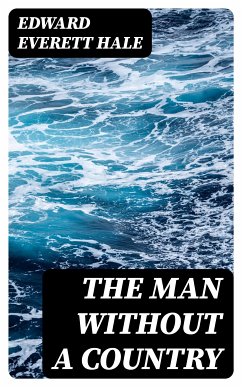In "The Man Without a Country," Edward Everett Hale presents a poignant narrative that explores themes of patriotism, identity, and the profound consequences of one's choices. Through the story of Philip Nolan, a man condemned to live without a homeland for treasonous words, Hale employs a deeply emotional and accessible prose style, weaving a tale that resonates with the ideals of American nationalism in the post-Civil War era. The novella not only serves as a potent commentary on the social and political climate of the time but also reflects the anxieties surrounding loyalty and belonging in a rapidly changing nation. Edward Everett Hale, a noted Unitarian minister, and social activist, was deeply invested in the issues of his time, including abolition and social justice. His own experiences with civil reform and advocacy for causes like education and equity likely informed his writing of this novella. Hale's ability to merge fiction with moral inquiry and civic engagement is a hallmark of his literary career, solidifying his place in American letters as both a storyteller and a thinker. Recommended for readers who seek a nuanced meditation on the value of citizenship and the weight of one's actions, Hale's "The Man Without a Country" remains a timeless exploration of what it means to belong. This compelling narrative not only engages the heart but also challenges the reader to reflect on their own relationship with their country, making it an essential read for anyone interested in American literature and civic responsibility.
Dieser Download kann aus rechtlichen Gründen nur mit Rechnungsadresse in A, B, BG, CY, CZ, D, DK, EW, E, FIN, F, GR, H, IRL, I, LT, L, LR, M, NL, PL, P, R, S, SLO, SK ausgeliefert werden.









